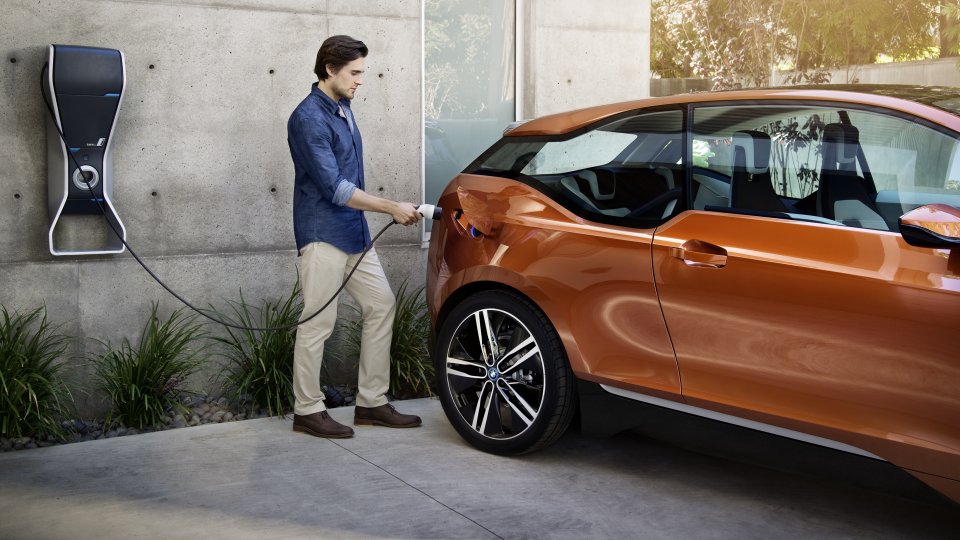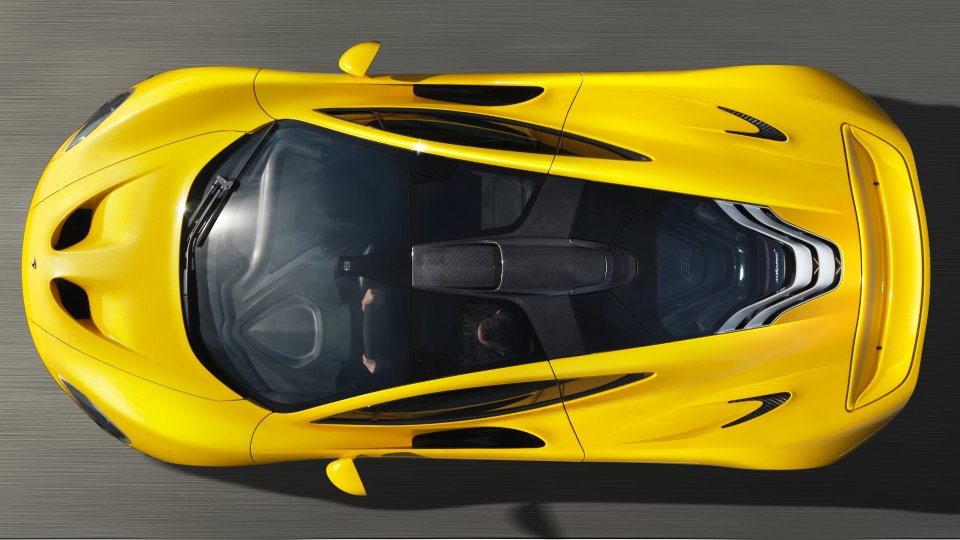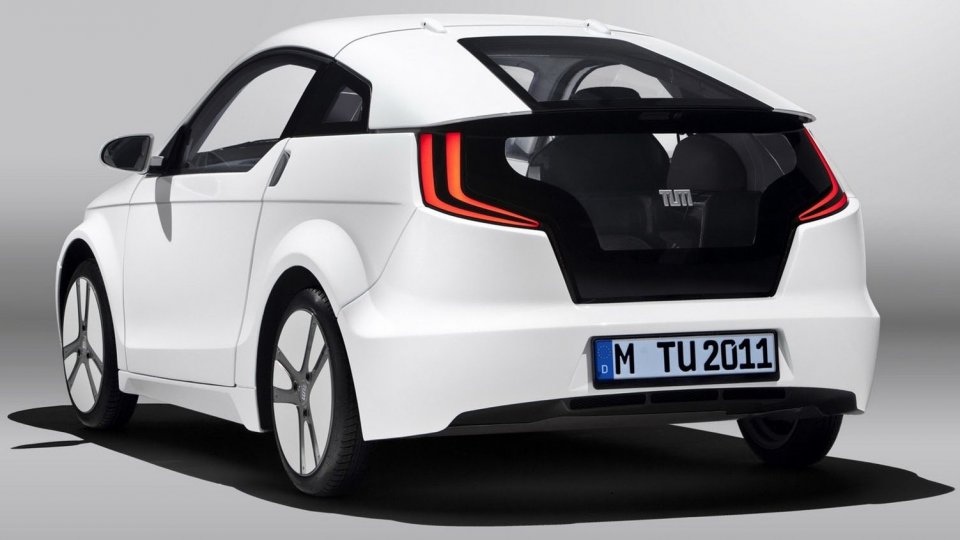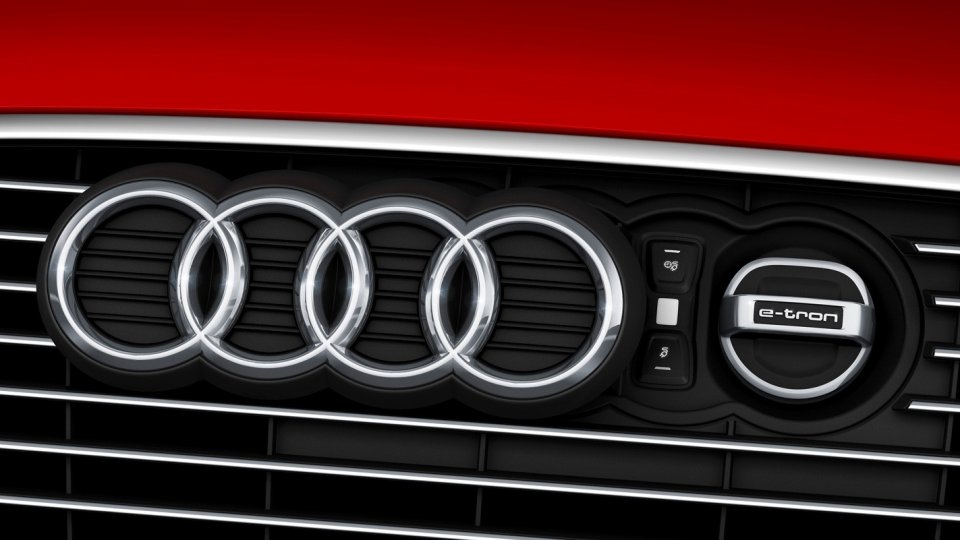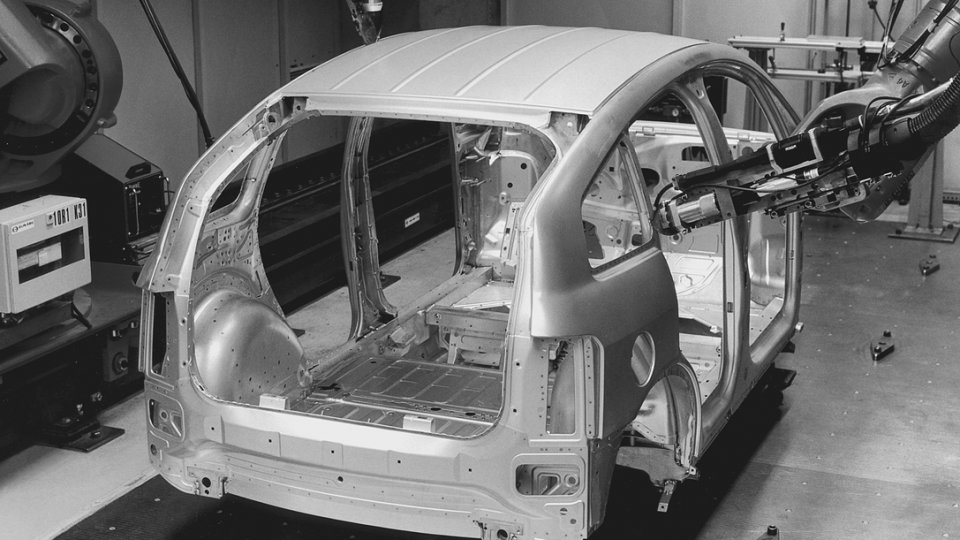A different take on the electric car
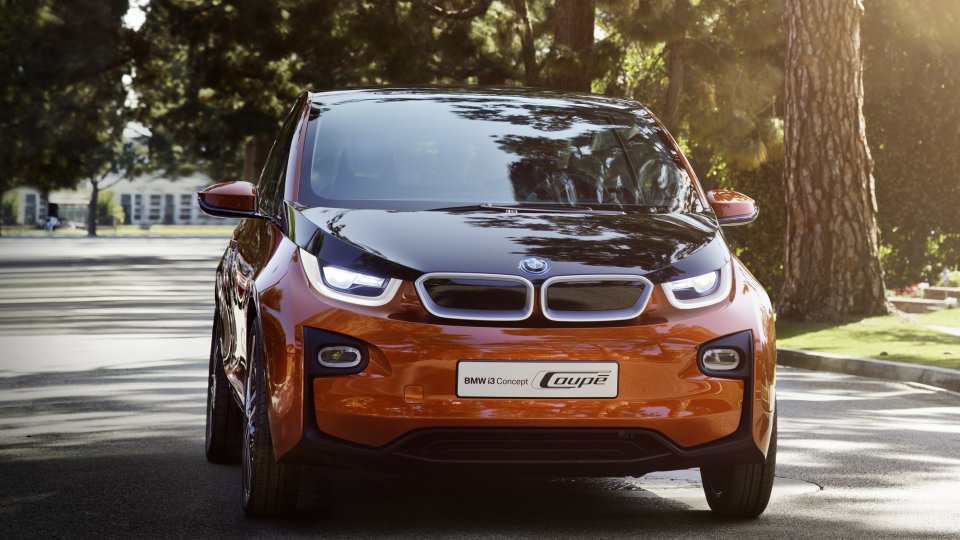 When we first heard of BMW's proposed electric city vehicle we would have bet anything it was nothing more than a publicity stunt. Life is proving us wrong: the series production model is only a year away, previewed in its almost final form in the BMW i3 Concept Coupé
When we first heard of BMW's proposed electric city vehicle we would have bet anything it was nothing more than a publicity stunt. Life is proving us wrong: the series production model is only a year away, previewed in its almost final form in the BMW i3 Concept Coupé
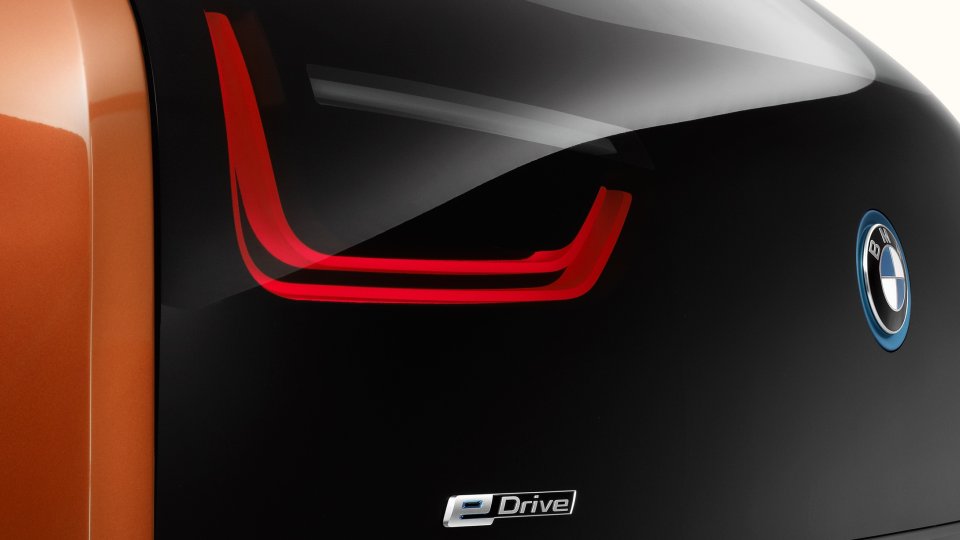
BMW is one of the few brands in the world whose global importance far outweighs its relatively modest annual sales of about 1.7 million vehicles. Their secret is a consistent product philosophy which reliably creates products along the same values (in this case, sportiness and joy of driving), which allows their costumers to gauge what they can anticipate from any new model the brand introduces. This is exactly why the new i-series (or sub-brand if you like) is awaited with much higher anticipation than regular electric vehicles: being a BMW the new car has no choice but to be sporty, dynamic and enjoyable to drive.
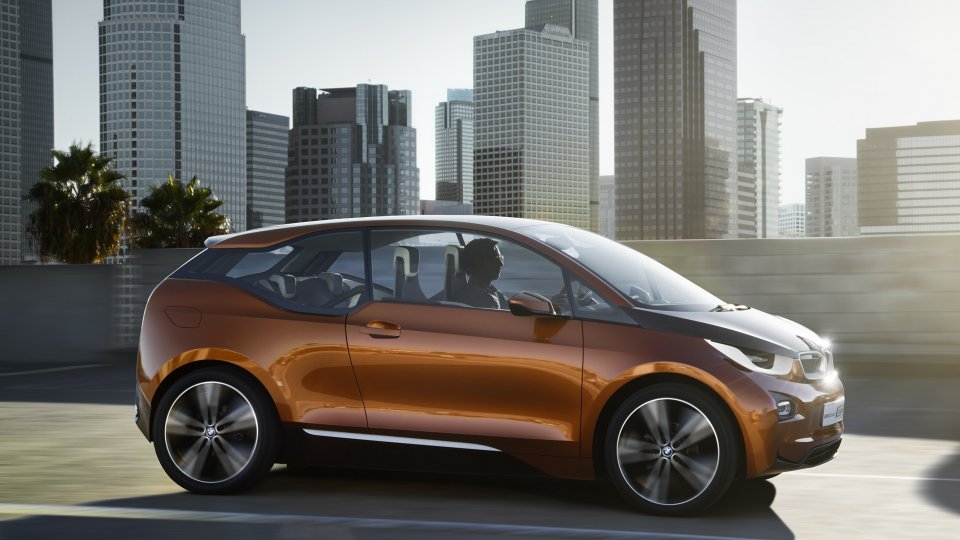
Contrasting these expectations are the rather everyday dimensions of the BMW i3 Concept Coupe: it is nearly 4 metres long, 1.77 m wide and 1.56 m tall, with a wheelbase of 257 cm. The vehicle is supposedly identical to the final model due before the end of 2013, except of course the number of doors, but the Germans know how to turn vice into virtue, and are happy to report that the i3 Coupe Concept offers rear seat customers far better space than traditional coupes – clever communication indeed...
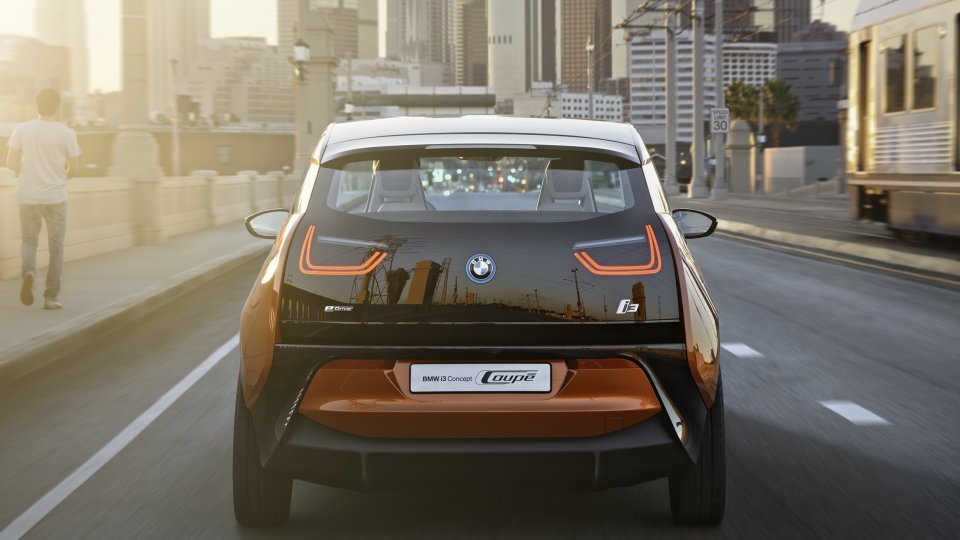
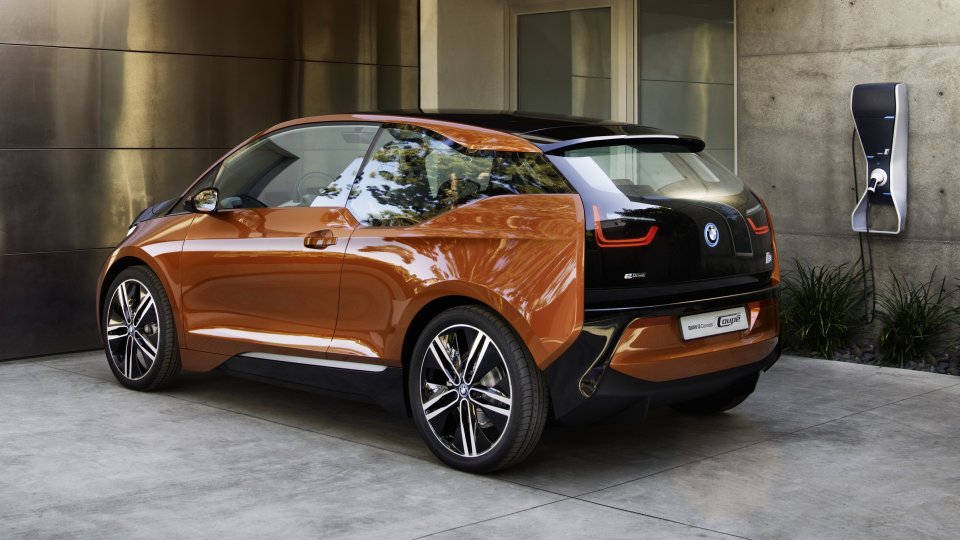
Of course, those in the know care little about superficial details. They look at underlying technical specifications and those indeed promise lively dynamism. One pillar of this is the comprehensive reduction of weight, spearheaded by the frame made of carbon fibre reinforced plastic. This makes the car more expensive to manufacture but the extra cost is minuscule compared to the higher price of electric drive technology, and is more than compensated for the customer by the added prestige of this exotic material.
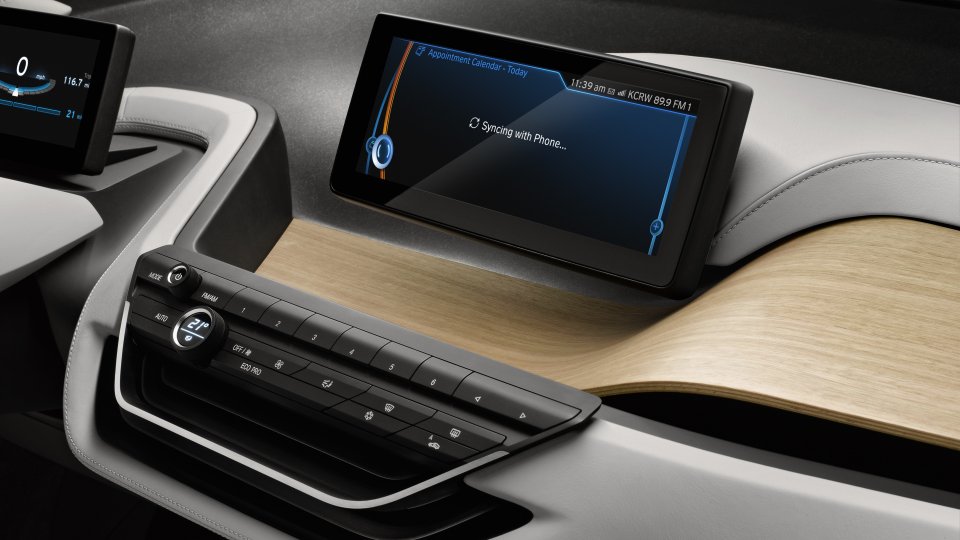
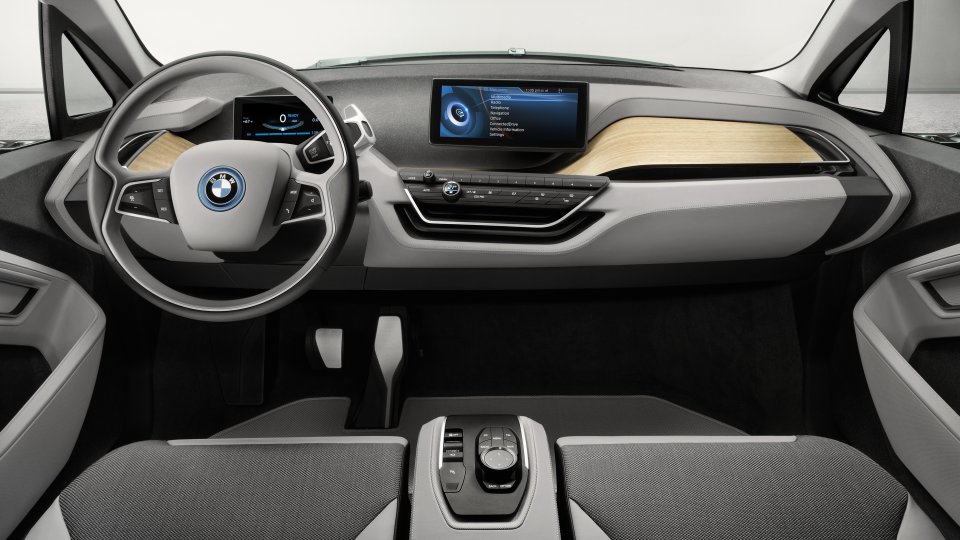
The other cornerstone of dynamism, as with any BMW, is of course motor power. The i3 performs unexpectedly well in this respect; driving the rear wheels with 170 HP and 280 NM of torque – these figures are comparable to the small capacity turbocharged petrol engines so popular these days. Of course putting the pedal to the metal (or CFRP in this case) has dire consequences on the charge levels of the lithium-ion battery pack located under the floor, which is why the energy management system of the i3 Concept Coupé can be regulated in three settings, the "greenest" of which drastically limits not only the operation of the air conditioning system but also the top speed of the vehicle.
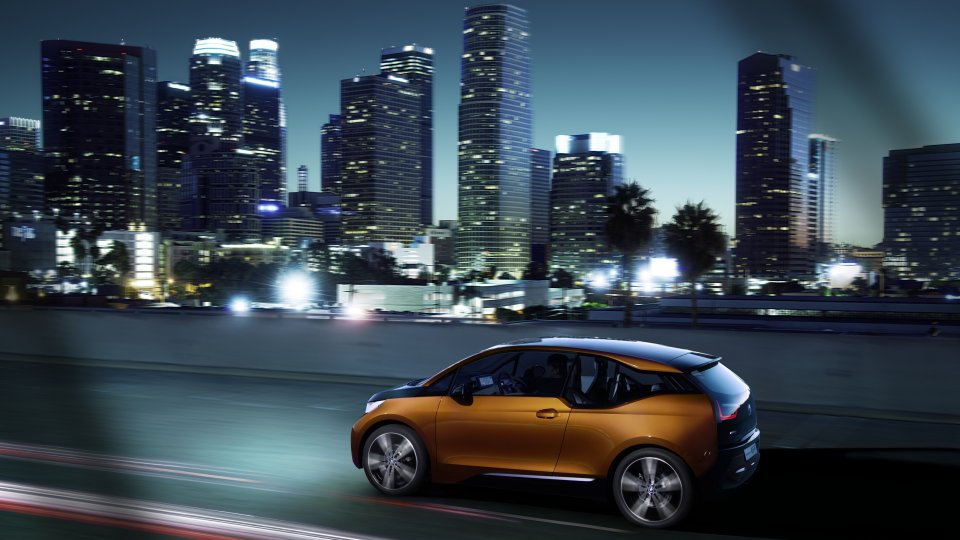
One thing that is not yet clear is whether the claimed range of 160 km can be achieved under regular driving conditions or are limited to such Spartan use. Either way it is a promising proposition for those planning to use the vehicle on longer distance commutes, something not uncommon in Germany. The Concept Coupe does feature fancy details such as wooden interior panels sourced from sustainable forests or a cloud-based infotainment system, but far more important is the fact that energy management is integrated with the navigation system, enabling the vehicle to take topographical variations into account when calculating the ideal energy balance of the system.
